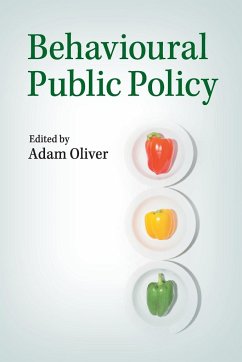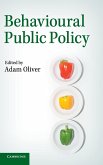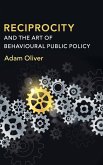How can individuals best be encouraged to take more responsibility for their well-being and their environment or to behave more ethically in their business transactions? Across the world, governments are showing a growing interest in using behavioural economic research to inform the design of nudges which, some suggest, might encourage citizens to adopt beneficial patterns of behaviour. In this fascinating collection, leading academic economists, psychologists and philosophers reflect on how behavioural economic findings can be used to help inform the design of policy initiatives in the areas of health, education, the environment, personal finances and worker remuneration. Each chapter is accompanied by a shorter 'response' that provides critical commentary and an alternative perspective. This accessible book will interest academic researchers, graduate students and policy-makers across a range of disciplinary perspectives.
Hinweis: Dieser Artikel kann nur an eine deutsche Lieferadresse ausgeliefert werden.
Hinweis: Dieser Artikel kann nur an eine deutsche Lieferadresse ausgeliefert werden.
'In this exciting new book some of the world's leading economists greatly expand the new field of the behavioural economics of public policy. From their insights we will have better governance on issues ranging from health care to disclosure practice to the environment.' George A. Akerlof, University of California, Berkeley, and Nobel Laureate in Economics, 2001








